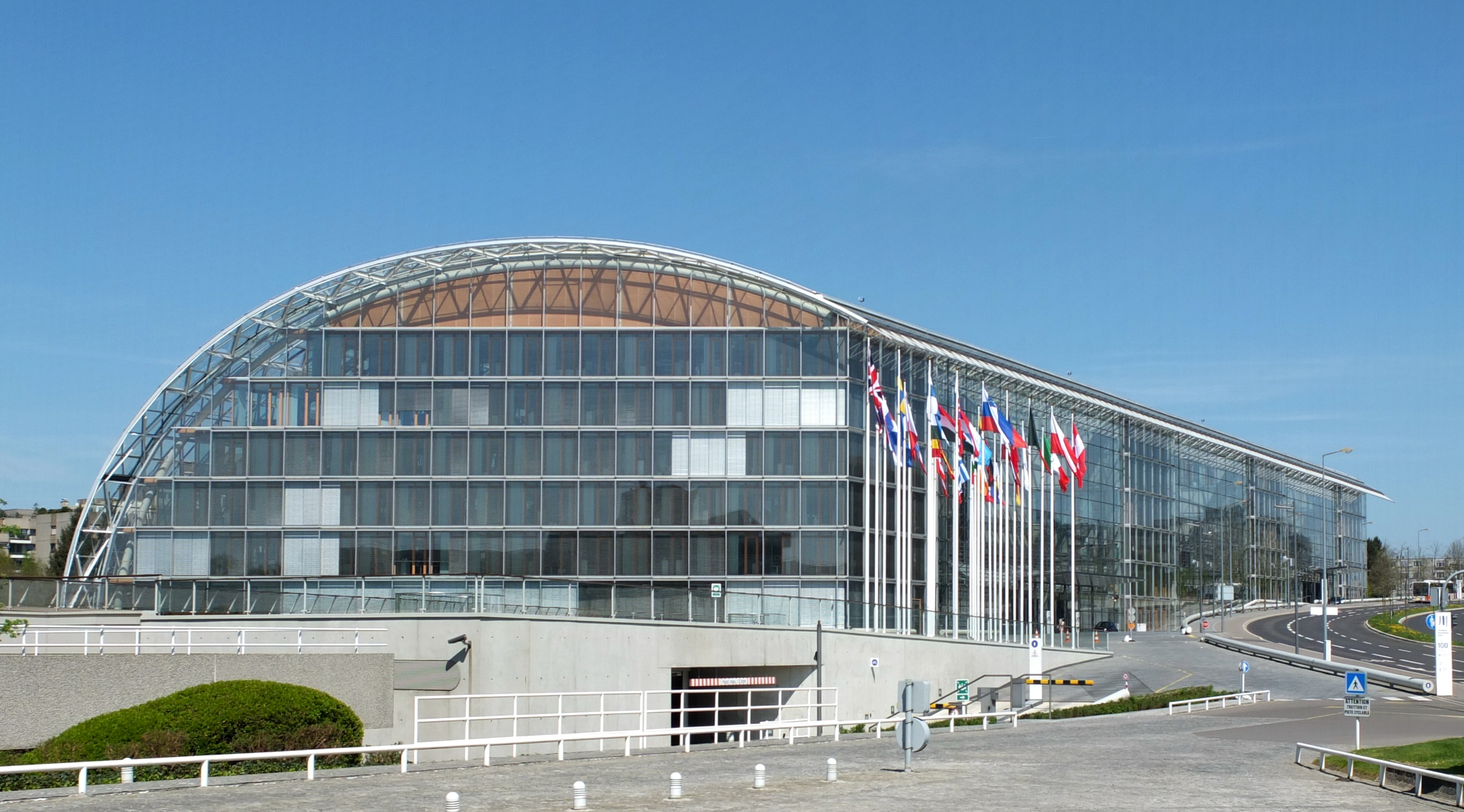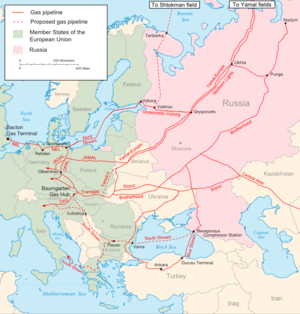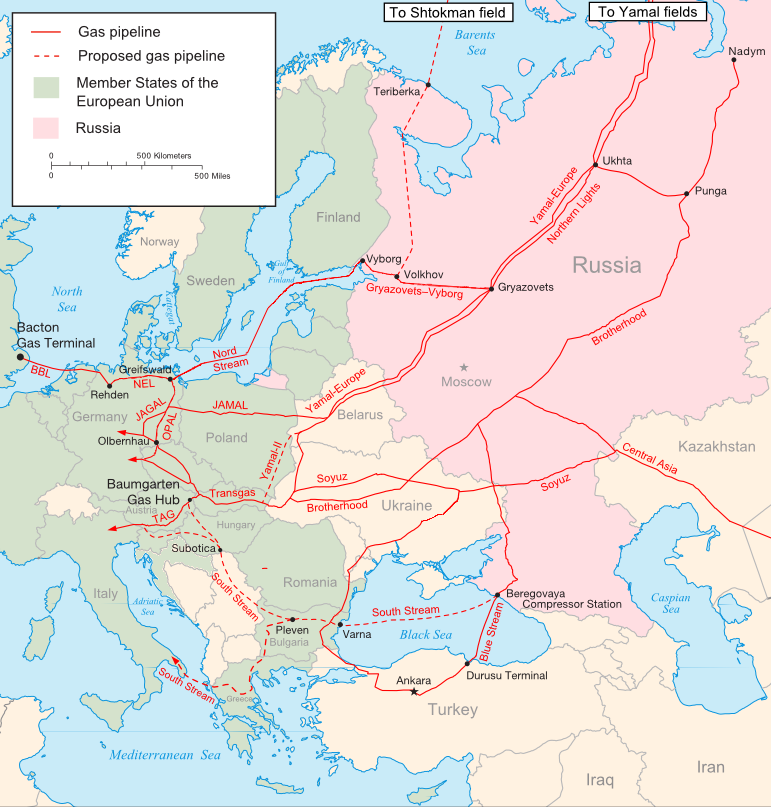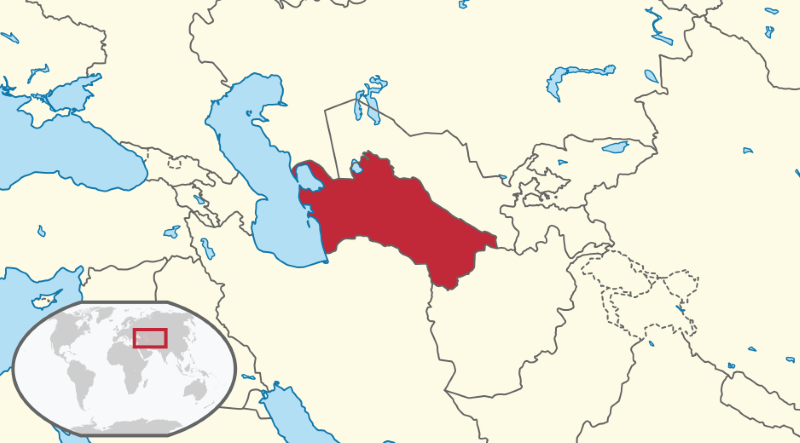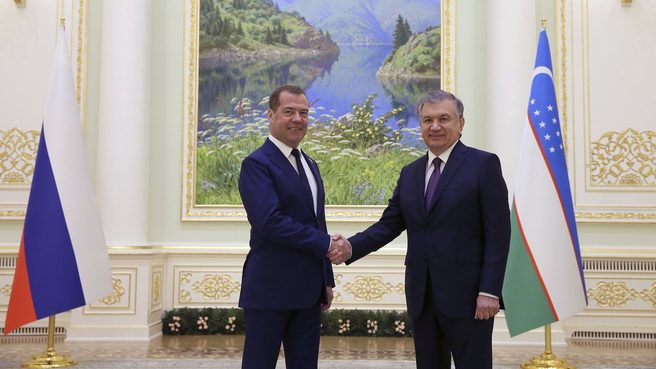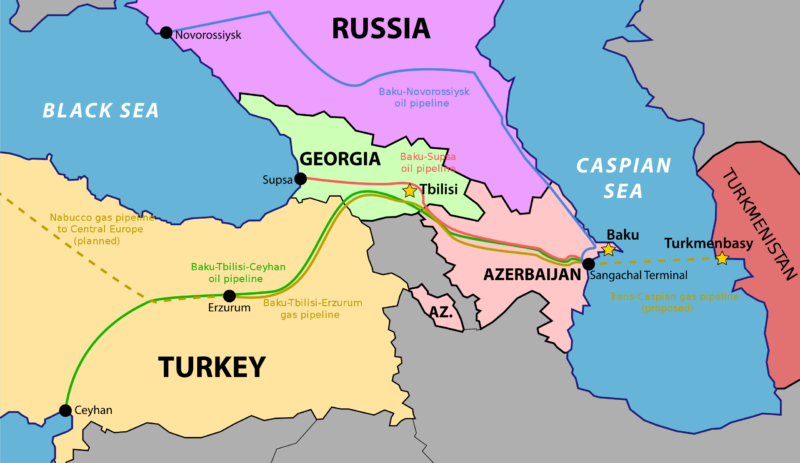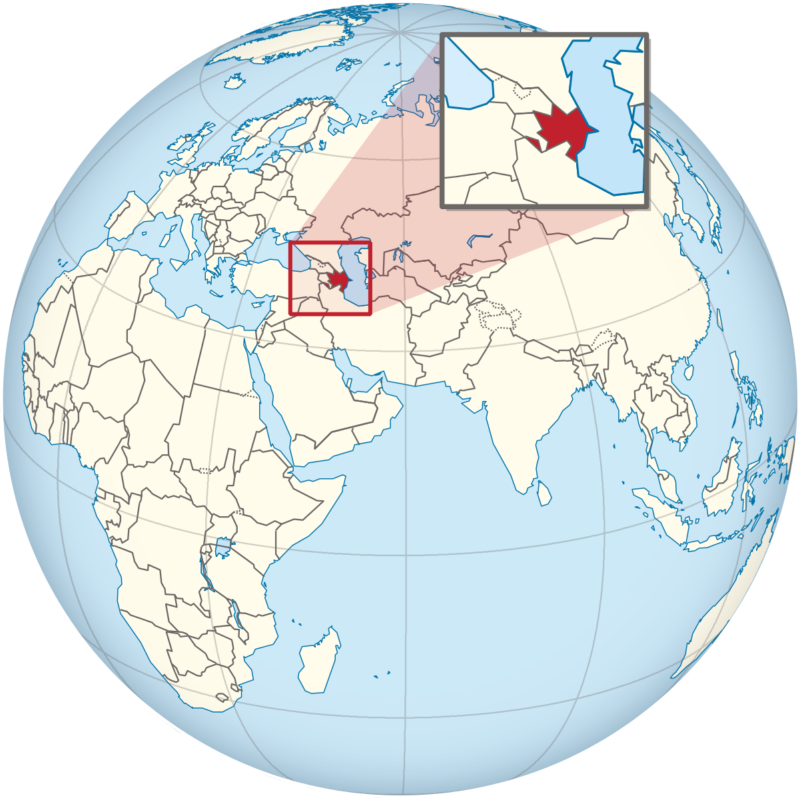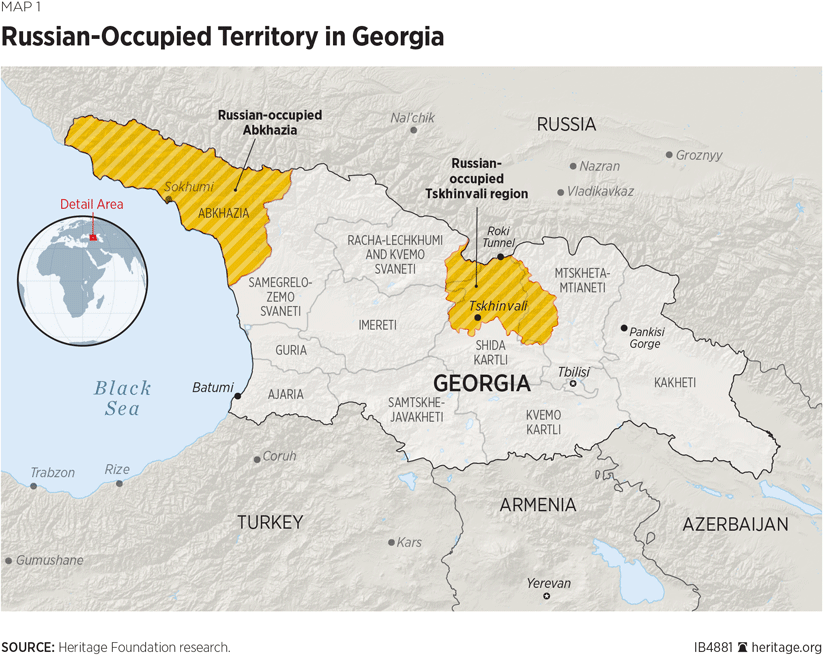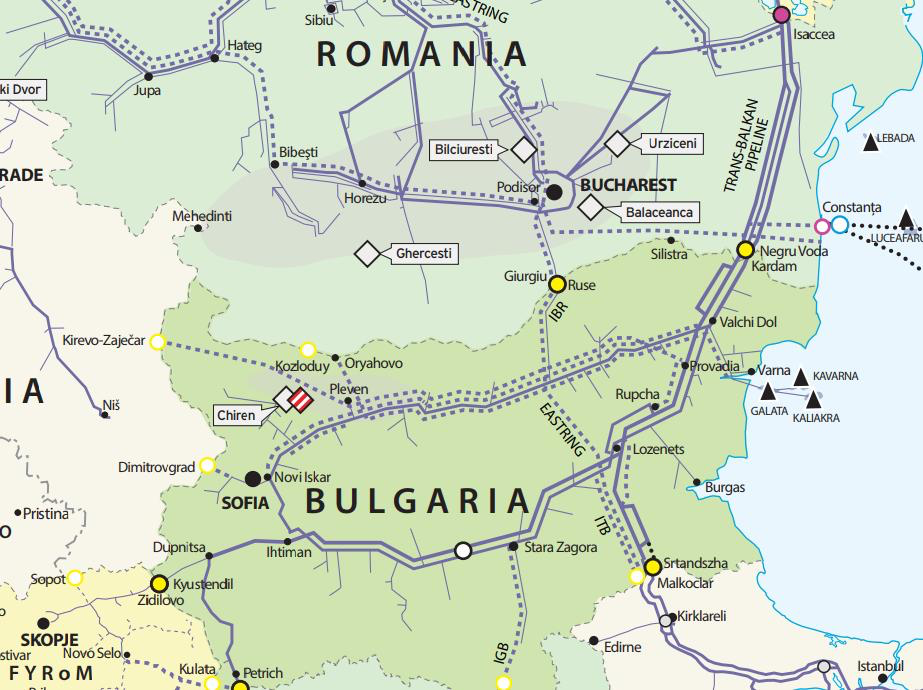In mid-November, the European Investment Bank (EIB) decided on five new rules to guide its energy lending policy: priority to energy efficiency, enabling energy “decarbonization”, increased finance for decentralized energy production, increased finance for “intermittent” energy sources such as wind and solar, and supporting “energy transformation” outside the EU. The Bank will cease lending in Read More…
Energy Security
The NATO Association of Canada’s Energy Security Program, directed by Senior Research Fellow Dr. Robert M. Cutler, provides analysis and outreach on the full spectrum of energy-security concerns facing NATO members and partners. Core areas include the security of supply and demand, market and policy reliability, and the physical protection of critical energy infrastructure including supply chains for critical raw materials. The Program continuously assesses geopolitical, geo-economic, and military developments that may alter allied energy risks, options, and resilience. It advances public understanding and policy dialogue through webinars, the Energy Security blog, and sequenced series of Research Briefs, Policy Papers, and Research Studies. Contributors—including practitioners, scholars, and emerging analysts—are welcome. Please write to rmc@alum.mit.edu with the subject line “NAOC Energy Security Program” to propose articles, briefs, or events.
The new European Commission and the Future Role of Gas in Europe
The natural gas portfolio of the new European Commission (EC) seeks to ensure security of supply throughout Europe. Simultaneously, it has to determine a role for natural gas towards the envisioned carbon-neutral EU economy of 2050. The EU was first compelled to advance the supply-security aspect of natural gas after the 2006 and 2009 interruptions Read More…
European Natural Gas Geopolitics on a Collision Course?
Following the Dutch discovery of the Groningen field, and British, Norwegian and Danish discoveries in the North Sea during the 1960s and 1970s, natural gas appeared to offer Europe an opportunity to decrease its dependence on Middle Eastern oil. However, demand for gas quickly outpaced supply, leading West European buyers increasingly to rely on Soviet Read More…
Turkmenistan Relations with European Union Reach a New Level
The energy security of NATO members in Europe will receive a further boost as the European Union has opened a new Delegation in Turkmenistan. This Delegation supersedes the lower-level liaison office through which relations had been conducted up until now. The move follows the European Council’s adoption of a new “EU Strategy for Central Asia,” Read More…
Uzbekistan Moves Fast To Reform Energy Sector
Energy sector reform is moving quickly in Uzbekistan, and foreign direct investment (FDI) is skyrocketing. The country did not have an energy ministry until February of this year. Instead, the energy sector was in the portfolio of one of eight deputy prime ministers, who also covered metallurgy and geology. This excessive concentration of responsibilities was Read More…
Trans-Caspian Gas Pipeline Gains Further Momentum
Following President Donald Trump’s Nowruz (New Year’s) message to Turkmenistan’s President Gurbanguly Berdimuhamedov stating that the United States Government looks forward to seeing the Trans-Caspian Gas Pipeline (TCGP) built, the atmosphere has been changing in Washington in favor of the project. Twenty years ago, when the project was first being discussed, the American negotiators made Read More…
Momentum Accelerates for the Trans-Caspian Gas Pipeline
Momentum accelerated over the past month pointing towards the implementation, sooner rather than later, of the Trans-Caspian Gas Pipeline (TCGP). Already last summer the signature of the Convention on the Legal Status of the Caspian Sea established that neither Russia nor Iran would be able to block the construction of the pipeline. This even confirms Read More…
Implementing a Security Strategy for Georgia
This article focuses on defence and security issues on the one hand and, on the other hand, on the related questions of the economy, trade and energy. These are two of the four issue-areas that the U.S.–Georgia Charter on Strategic Partnership, established in 2009, identified as priority areas of the bilateral cooperation. The others are democracy and cultural exchanges.
Bulgarian Infrastructure: A Bottleneck to Energy Security on NATO’s Eastern Flank?
Within the upcoming year the configuration of gas supplies in Eastern Europe is expected to change dramatically as Russian flows will be diverted via the TurkStream corridor and new sources of supply from the Caspian Sea or imported as liquefied natural gas (LNG) will be vying for regional markets.
Beyond the Southern Gas Corridor: A Regional Infrastructure Perspective
Looking into the fundamentals of the EU’s energy security strategy, a steadfast resoluteness is evident on the promotion of gas-on-gas competition, supported by benchmark hubs, although the costly field development outside of the Union has always been combined with the guarantee of long-term contracts.

